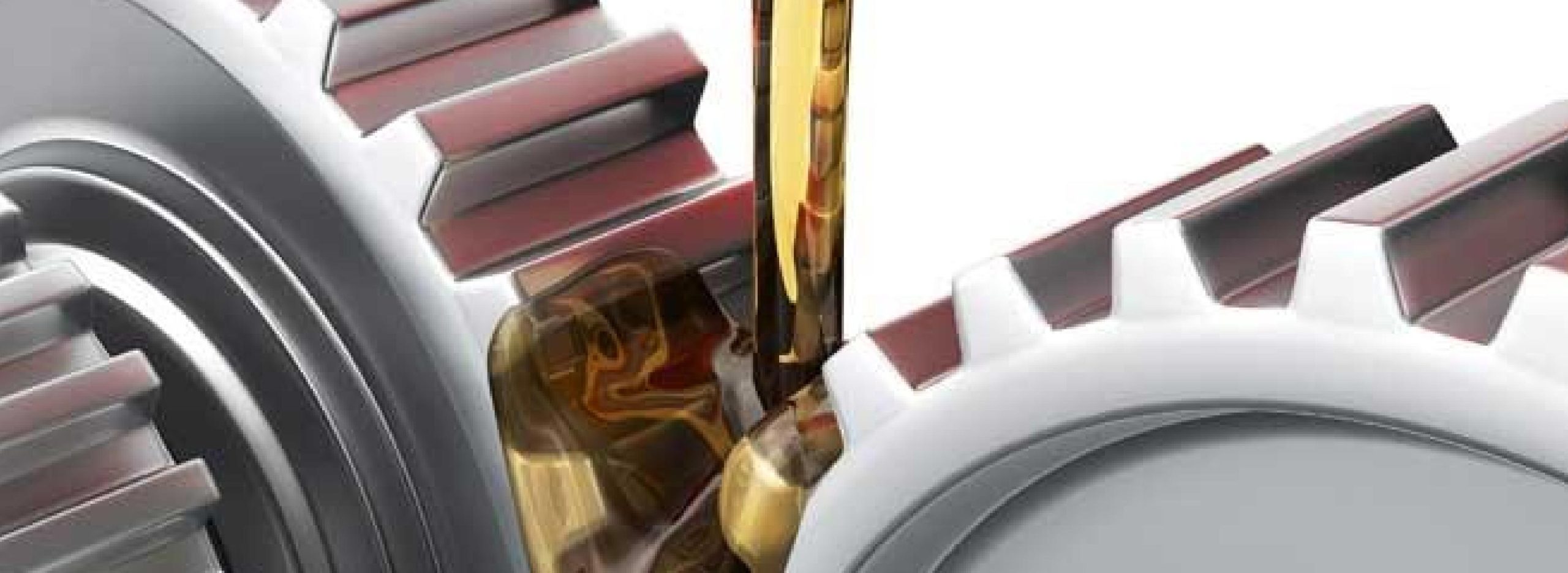Business vehicles and machinery have different engine needs than a typical car. A farmer runs his tractor and other equipment in a rough, unforgiving environment. It’s easy for plant debris, dust, water and dirt to contaminate the engine and cause problems later on. Farmers must consider these conditions when they choose lubricant and maintenance options.
Farmers aren’t the only ones who have to consider the working conditions of their vehicles. Every industry from truckers to construction to manufacturers has to factor in the working conditions of their equipment, especially when it comes to lubricant selection. If you choose the wrong type of lubricant for the working conditions of your machinery, you may end up facing increased equipment breakdowns and maintenance issues.
One of the most critical areas to protect on any piece of equipment is the gearboxes. A gearbox is a universal term for a type of machinery that contains a system of gears that rotate together to generate torque and speed. A transmission on a car can be considered a gearbox, as can the axle of a vehicle and other moving engine parts. These moving components in an engine or piece of machinery are vulnerable to breakdowns and repairs because they are always in motion. The use of a gear lubricant can help protect the lifespan of gears and keep the machine running smoothly.
Choosing the right industrial gear lubricants for the different gearboxes in your equipment or vehicles is a complicated process. It’s not as simple as following the manual. You have to take into consideration the working conditions of your equipment. For example, a semi-truck driving through mountain passes needs a lubricant that can handle temperature swings, heavy load-hauling and stop and go traffic. Your owner’s manual may not have the right recommendation, so it’s essential to educate yourself on proper gear lubricant selection.
The three most important things to consider when choosing a gear oil are:
- Viscosity grade: Viscosity is commonly referred to as the ‘thickness’ of the oil, and it affects how it performs and protects the equipment. Follow the American National Standards Institute (ANSI) and the American Gear Manufacturers Association (AGMA) method when selecting viscosity grade. These charts will help you take into consideration the various conditions that could influence the viscosity of your lubricant and its effectiveness.
- Additives: Many lubricants contain additives designed for specific conditions and performance properties. You can choose oils with special additives for the unique circumstances and needs of your equipment.
- Base Oil Type: The base oil is like the foundation of the lubricant. It’s the primary ingredient the lubricant is made from, such as crude oil. There are many types of base oils used to produce lubricants.
Once you’ve established the parameters of what type of lubricants you need, it’s time to consider the conditions your equipment runs in and how they may affect your lubricant’s performance. Some factors to consider are:
- Environment: Harsh environments are hard on engines and machinery. Just ask any truck driver who’s tried to start his rig on a snowy day in the mountains, or a farmer who has a tractor engine flooded with water from heavy rainfall. The wide variety of lubricant specialization can help you choose the right gear oil for your equipment in whatever environment you use it in. Need some help selecting the proper oils? Chevron’s Delo® lubricants have prepared these great diagrams for gear oil selection for semi-trucks, tractors, and construction equipment. These guidelines may help you order just what you need.
- Gearbox size: There’s a big difference in the size of a semi-truck transmission and a pick-up truck. Make sure you consider the size of your machinery when choosing your gear oil.
- Fluid cleanliness: Contamination happens quickly to every type of equipment and lubricant, no matter how careful you are. The constant movement of gears ensures this, and that’s why it’s essential to make sure you are using clean fluids that are regularly tested for contamination. Contaminated lubricants will lead to engine breakdowns, especially in the moving parts of gearboxes.
- Durability: Over time, lubricants will begin to break down, especially in harsher conditions. Oils used on machinery that operate under heavy pressure, extreme speed, or in a harsh environment are prone to reduced performance over time. You can select gear oils that are formulated for increased durability if this is a concern.
- Water protection: Keeping water out of your lubricants is a universal problem. It’s called fluid demulsibility, and it can affect the chemical makeup of your gear oil and how it performs. Regular testing can help to make sure your lubricants are free of water and other contaminants, as well as following proper storage procedures and practices.
The process of choosing the right industrial gear lubricants can be tricky. There are so many factors to consider. As your local fuel and lubricants supplier, our team is here to help. We can provide recommendations based on your equipment, how you use it, where you use it, and provide the necessary products from some of the top manufacturers like Chevron. Call us today if you have questions about choosing the right gear oils!
